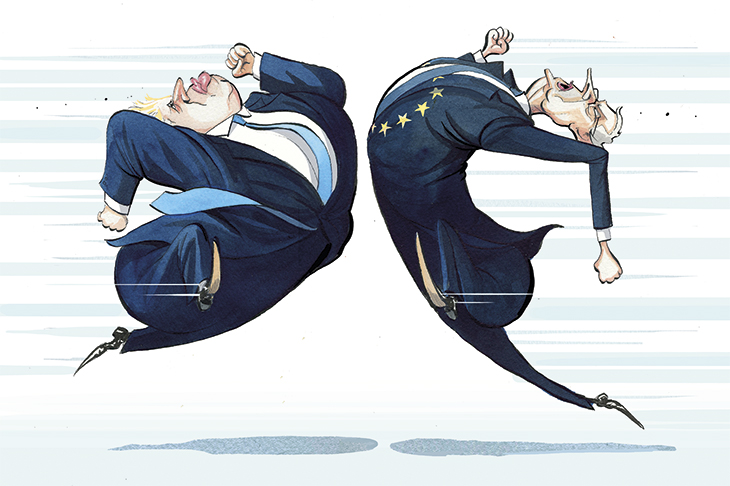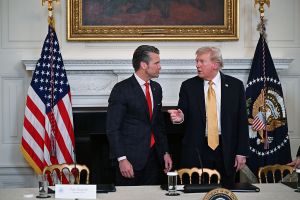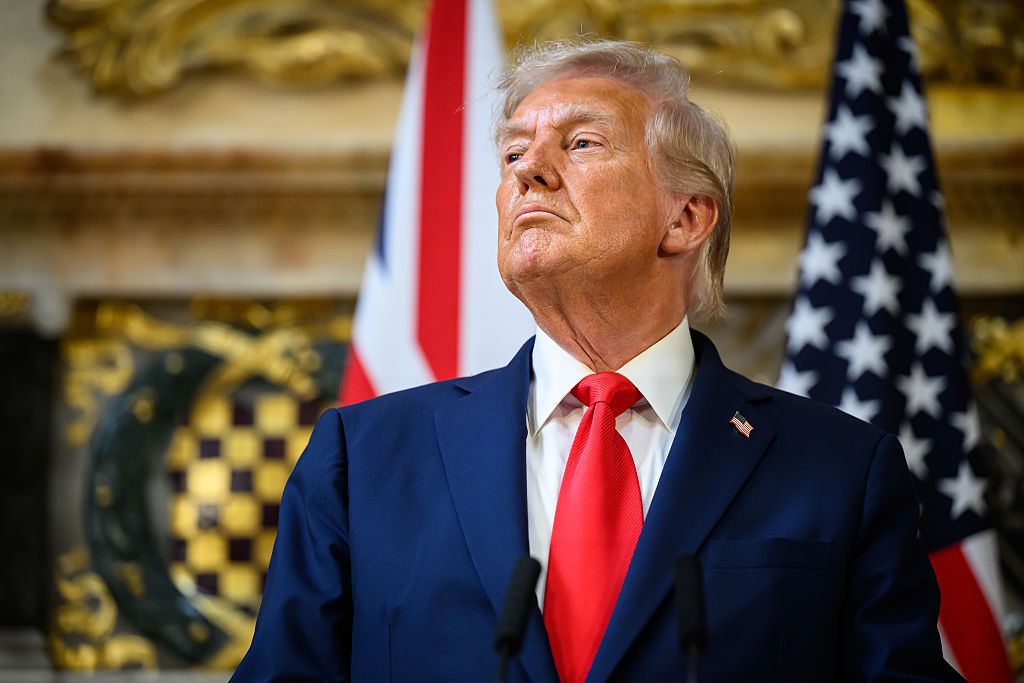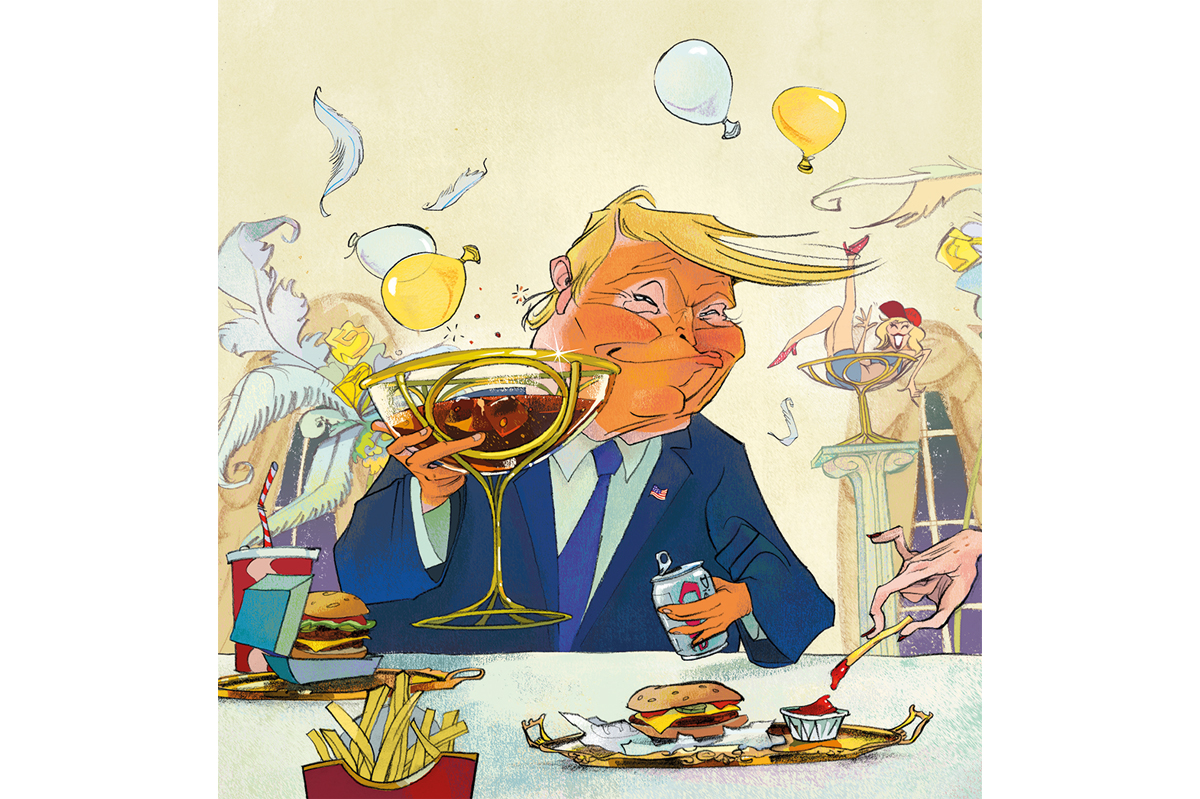The UK government has given the EU a Brexit deadline of four months. No. 10 is threatening to walk away from the negotiating table if a broad outline for a Canada-style trade agreement cannot be reached by the summer.
But the UK isn’t really being as radical as it might first appear. For a start, the withdrawal agreement already commits the parties to a July deadline by which point the EU must decide whether to extend the transition period.
Some might argue that the UK is ripping up the political declaration by imposing such a deadline. But in fact, the UK is only applying a minimalist interpretation of the non-binding political declaration, arguing that ‘regression‘ in social or environmental policy should only be banned when trade is distorted. The EU, on the other hand, wants the UK to respect its ‘high standards’ in return for tariff-free access to the bloc.
The backdrop to this is that the EU — or at least its chief Brexit negotiator, Michel Barnier — thinks that when the EU has more trade with a country, it justifies more protectionism. Barnier is using this as a justification to impose more conditions on the UK than Canada. In reality, this protectionism will of course damage the EU as well, especially if it’s applied not to prevent new trade, but to destroy existing trade.
A key Johnson demand in the negotiations is for the right to set the UK’s own rules and thereby ‘diverge’ from EU ones. Perhaps it would be a wise thing to implement this gradually, but ultimately UK concessions on the pace of implementation will only be possible if Brussels accepts that current trade flows will not be harmed simply because the UK wants to make their own rules.
It doesn’t really look like we are heading that way. In the past, the EU has been guilty of over-regulation. And it seems like the new EU Commission, led by Ursula von der Leyen, is keen to double down on its past over-regulatory behavior. Von der Leyen is pushing hard for her so-called ‘European green deal’, an approach that is ‘inherently protectionist’, according to King’s College professor Nick Butler. Butler argues that ‘the notion of Europe’s competitiveness in the global economy is absent. It’s also centralized and based on regulatory enforcement. Innovation is paid little attention.’
In short, the ‘nanny state’ approach is back. From the environment to food, Brussels wants to regulate it all.
Make no mistake, these initiatives do not always come from eurocrats themselves. Sometimes, industry’s ideas are taken to Brussels where they quickly take on a life of their own as prominent nanny-state voices reveal their eagerness to regulate for the sake of it.
‘Nutri-score’, a color-coded food labelling system, is a good example. The push for an EU-wide food labelling system was actually an industry initiative, with producers asking the European Commission to test a labeling system throughout the bloc. Following France’s decision to be the first to implement Nutri-score in 2017, a coalition of industry, national nannycrats and Members of European Parliament began pushing to make Nutri-score compulsory for all food manufacturers in the EU.
However, in their rush to embrace it, they’re ignoring all of the flaws with the food labeling system. Not only are there issues with the kinds of products receiving a quality label but, more fundamentally, this ‘one size fits none’ policy approach weirdly assumes that consumers are not intelligent enough to make up their own minds. Thankfully, Nutri-score has not been made compulsory yet, so viable alternative approaches are still available to food manufacturers.
In any case, Brexit will probably trigger a process of regulatory competition, making it much harder for all kinds of uniform EU standards to emerge from the conglomerate of corporates and national authorities. At the moment, the UK is obliged to uphold EU regulations, at least until the end of the year, when the transition arrangement of ‘full market access in return for full regulatory rule-taking’ lapses.
In theory, the UK must also carry over new EU rules. Some are rightly questioning what the point of this is. One example of a new EU rule the UK needs to adopt is the EU’s incoming ban on tobacco products with ‘characterizing flavors’, which is really a ban on menthol cigarettes. The decision is based on a dubious assumption that minty cigarettes entice young people into starting smoking. At the very least, the UK could decide to only enforce such new EU legislation until the end of the year, after which it would automatically lapse.
Brexit means the world of regulation is about to face drastic changes, and it seems not everyone has sufficiently appreciated this. Quangos, lobbyists, eurocrats and trade negotiators better take notice: we’re done with ‘business as usual’.
Pieter Cleppe is a Brussels-based policy analyst, covering EU and European affairs. This article was originally published on The Spectator’s UK website.


























